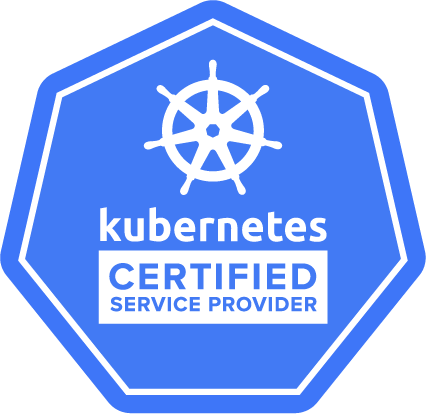LINSTOR® now offers a brand new solution regarding container-native storage for enterprise applications. The open-source software-defined storage is available for Kubernetes and OpenShift Environments.
The announcement of today’s public beta release marks a significant new addition to our product portfolio of High Availability (HA), Disaster Recovery (DR), and Software-Defined Storage (SDS) solutions.
Benefits of LINSTOR
LINSTOR fills a substantial gap in the market by providing container-native block storage, a standard data access model used by enterprise applications. In addition, the software also includes data persistence for elastic applications. This is essential because it dynamically creates or removes containers depending on the load.
With LINSTOR, enterprise and database applications benefit from container technologies while preserving data even regarding eliminated containers. Data centres can reduce cost and complexity when deploying scale-out cluster storage.
LINSTOR is part of LINBIT® SDS, the industry’s fastest software-defined storage solution for enterprise, cloud, and container environments. LINBIT SDS provisions, replicates, and manages data storage independent of hardware. This enables commodity hardware and open-source software, an essential objective for many data centres. LINSTOR adds support for the popular Kubernetes and OpenShift environments.
LINSTOR’s Storage For Enterprise Applications
Brian Hellman, COO of LINBIT, said the following. “LINSTOR is designed to be container-native while consolidating storage and data management, which saves time and money for IT departments.”
“Just as virtualization changed how storage must be configured and managed, container technologies demand a new approach,” said Brian Hellman, COO of LINBIT.
LINSTOR has used DRBD®, a part of the Linux kernel, for nearly a decade to deliver fast and reliable data replication. By simplifying storage cluster configuration and ongoing management, then plugging into cloud and container front-ends, users get the resilient infrastructure they need while retaining the flexibility to choose vendors. For example, using a pool of Linux storage, system administrators set the number of nodes, the number and size of storage volumes, and some replicas. Our solution identifies the servers with the proper space to build the environment.
“LINSTOR drastically simplifies storage provisioning and data replication without compromising speed and reliability,” said Philipp Reisner, CEO of LINBIT. “LINSTOR eliminates the long and complicated process of manually setting up cluster configuration files for each individual server.”
LINBIT will showcase its product portfolio emphasising container-native storage at the upcoming Red Hat Summit. So meet us in San Francisco, California, on May 8-10, 2018 – In booth 432.
About LINBIT
LINBIT is the force behind DRBD, the open-source standard for high-availability (HA) software. In addition, LINSTOR manages data storage for enterprise virtualization and cloud computing. Millions of mission-critical environments worldwide deploy LINBIT DRBD software to provide HA geo-clustering for disaster recovery (DR). LINSTOR delivers the base for software-defined storage (SDS) in many cloud orchestration systems. Notable cloud orchestration systems include Kubernetes, OpenStack, Apache CloudStack, OpenNebula, XCP-ng, and Proxmox VE-based clouds.


